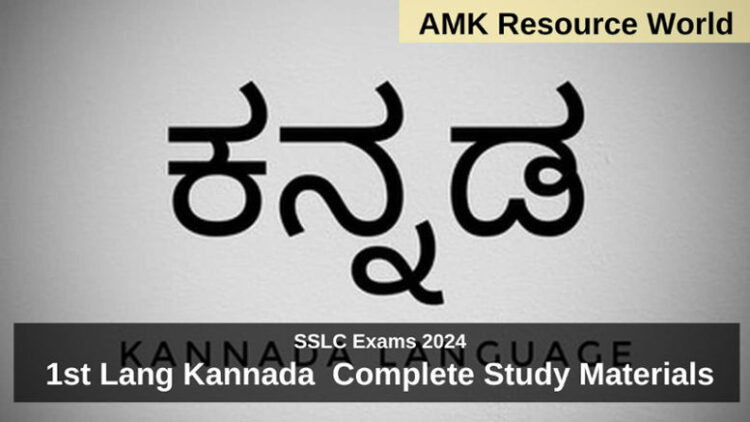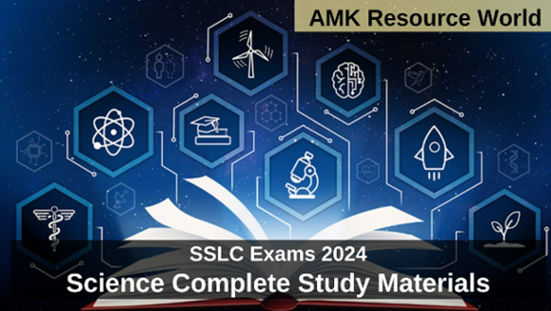Aeronautical Engineering is a specialized branch of engineering dedicated to the design, development, construction, and maintenance of aircraft and related systems. Often overlapping with aerospace engineering, this field encompasses both civil and military aviation, satellite systems, missiles, and space-bound vehicles. Aeronautical engineers apply scientific and mathematical principles to study flight mechanics, aerodynamics, propulsion systems, materials, and avionics.
These professionals play a critical role in improving aircraft performance, fuel efficiency, safety, and overall reliability. With advancements in technology, aeronautical engineers are increasingly engaged in research and development projects related to defense systems and space exploration, making it one of the most dynamic engineering fields today.
ELIGIBILITY
In India, aeronautical engineering is offered at diploma, undergraduate (B.Tech/B.E.), postgraduate (M.Tech/M.E.), and doctoral (Ph.D.) levels. To pursue an undergraduate degree, students must have completed Class 12 with Physics, Chemistry, and Mathematics (PCM), typically securing a minimum of 50–60% marks. Admission to premier institutions such as IITs and NITs is through competitive entrance exams like JEE Main and JEE Advanced. Institutes like IIST and several state universities may conduct their own entrance tests or accept national-level scores.
Another path includes qualifying through the Associate Membership Examination of the Aeronautical Society of India (AeSI), which is considered equivalent to a B.Tech. This opens doors to higher studies such as M.Tech or Ph.D.
The undergraduate course spans four years, covering subjects like aerodynamics, aircraft structures, propulsion, flight dynamics, materials science, avionics, CAD/CAM, and systems testing. At the postgraduate level, students delve into advanced topics, simulation, and research-based projects.
CAREER PROSPECTS
Career prospects for aeronautical engineers are diverse. Graduates can find opportunities in research organizations, aviation companies, defense, and emerging sectors like drone technology and private space exploration. Notable employers include ISRO, HAL, DRDO, Boeing, Airbus, Rolls-Royce, Safran, and Honeywell. Roles also exist in aircraft maintenance, air safety regulation, and air traffic management. Internships during studies enhance industry readiness.
Freshers can expect starting salaries between ₹4–10 lakh per annum, with international opportunities offering significantly higher packages. The future looks promising as the industry embraces green aviation, autonomous systems, and space tourism.
TOP INSTITUTES
Top institutes offering aeronautical engineering programs include IIT Bombay, IIT Kanpur, IIT Madras, IIT Kharagpur, IIST, Punjab Engineering College (PEC), Institute of Aeronautical Engineering, Indian Institute of Aeronautical Engineering, and Academy of Aerospace and Aviation,











































